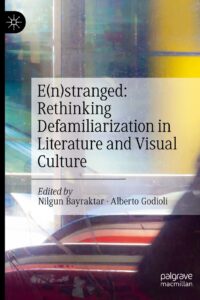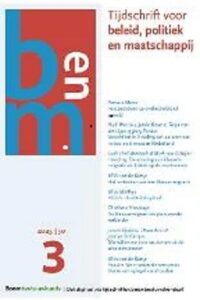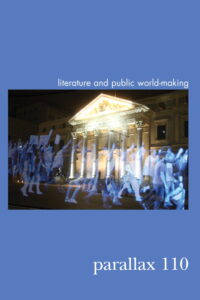Can the fictional and ghostly form grammars of resistance to exclusionary, xenophobic practices, racialization, and marginalization of migrants in European societies? This chapter probes this question against the backdrop of the shifting relation between fact and fiction in a post-truth era, the positivist discourse of immigration policies, and the dominance of documentary-style realism in Western representations of ethnic others. It traces the entanglement of the fictional, real, and ghostly in Rwandan director Kivu Ruhorahoza’s genre-bending film Europa, “Based on a True Story” (2019), which weaves a fiction film into a documentary. Europa broaches fictionality’s role in social reality by foregrounding the ghost-figure. Set in London amidst social tensions and stringent anti-immigrant policies, the film contrasts hypervisible bodies in protests, parades, and festivals with invisible migrant subjects. It thereby invites a contrapuntal reading that defamiliarizes this former imperial metropolis, projecting it as haunted by conflicting histories. Through a “weird realist” aesthetics, Europa tests spectrality and fiction to articulate the “truth” of invisible migrants in a system that denies them the means to resist. The chapter concludes by comparing the film’s take on fictionality and ghostliness with recent protest events that mobilized spectrality and fiction to resist the expulsion of dissenting bodies from public space.
E(n)stranged
Weirding Europe: Fiction and Ghostliness as Grammars of Resistance in Kivu Ruhorahoza’s Europa, “Based on a True Story” (2019)



